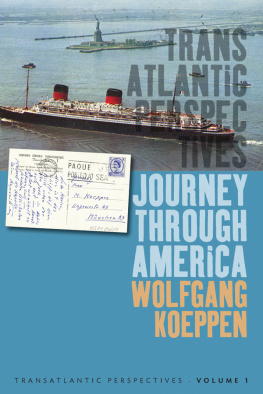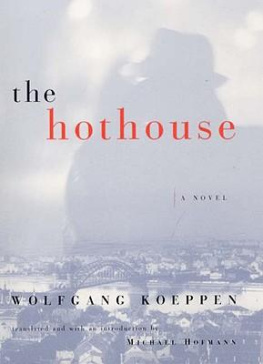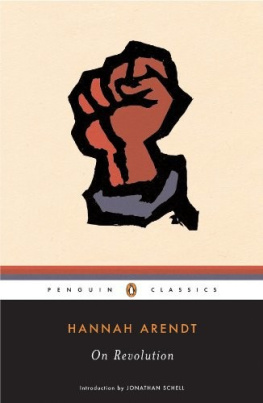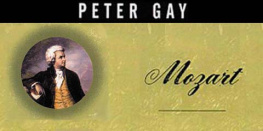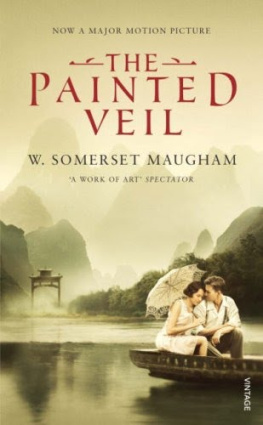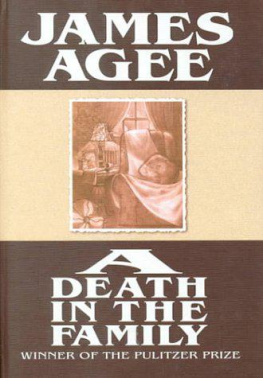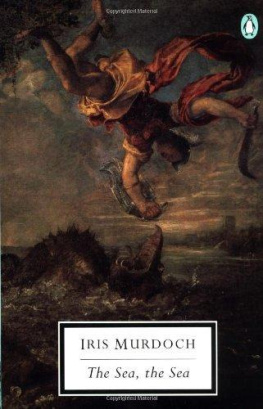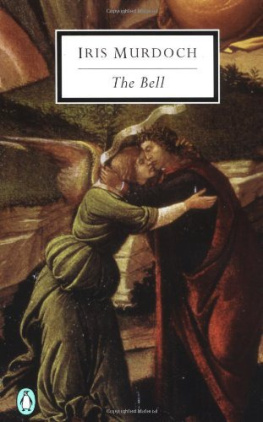Wolfgang Koeppen - Death in Rome (Penguin Twentieth-Century Classics)
Here you can read online Wolfgang Koeppen - Death in Rome (Penguin Twentieth-Century Classics) full text of the book (entire story) in english for free. Download pdf and epub, get meaning, cover and reviews about this ebook. year: 1994, publisher: Penguin Classics, genre: Detective and thriller. Description of the work, (preface) as well as reviews are available. Best literature library LitArk.com created for fans of good reading and offers a wide selection of genres:
Romance novel
Science fiction
Adventure
Detective
Science
History
Home and family
Prose
Art
Politics
Computer
Non-fiction
Religion
Business
Children
Humor
Choose a favorite category and find really read worthwhile books. Enjoy immersion in the world of imagination, feel the emotions of the characters or learn something new for yourself, make an fascinating discovery.

- Book:Death in Rome (Penguin Twentieth-Century Classics)
- Author:
- Publisher:Penguin Classics
- Genre:
- Year:1994
- Rating:3 / 5
- Favourites:Add to favourites
- Your mark:
- 60
- 1
- 2
- 3
- 4
- 5
Death in Rome (Penguin Twentieth-Century Classics): summary, description and annotation
We offer to read an annotation, description, summary or preface (depends on what the author of the book "Death in Rome (Penguin Twentieth-Century Classics)" wrote himself). If you haven't found the necessary information about the book — write in the comments, we will try to find it.
Death in Rome (Penguin Twentieth-Century Classics) — read online for free the complete book (whole text) full work
Below is the text of the book, divided by pages. System saving the place of the last page read, allows you to conveniently read the book "Death in Rome (Penguin Twentieth-Century Classics)" online for free, without having to search again every time where you left off. Put a bookmark, and you can go to the page where you finished reading at any time.
Font size:
Interval:
Bookmark:
WOLFGANG KOEPPEN
DEATH IN ROME
TRANSLATED WITH AN INTRODUCTION
BY MICHAEL HOFMANN
PENGUIN BOOKS
Copyright Wolfgang Koeppen, 1954 Introduction and translation copyright Michael Hofmann, 1992 All rights reserved The moral right of the author and translator has been asserted
INTRODUCTION
It was the painter Kokoschka who said, 'If you last, you'll see your reputation die three times, and even three cultures.' This is just what has happened to Wolfgang Koeppen, whose career has spanned six decades, from Weimar to post-Unification Germany. Important critics have repeatedly hailed him aswith Grass'the greatest living German writer', but in spite of that, he has remained vastly less known and less read, a victim of call it what you will: Kokoschka's 'Law of Longevity', the censorship of fashion, the tyranny of neglect, the neglect of fashion, the fashion of neglect... Articles on him have been published with titles one might translate as 'Wolfgang Koeppen: the Anatomy of a Failure'. However, the failure is not Koeppen's but Germany's, and its circumstances are both specific and illuminating.
Koeppen was born in 1906 in Greifs wald on the Baltic coast. He studied, in the German manner, various subjects at various universities he doesn't seem to care to have publicized, and probably never took his degree. From 1931 to 1934 he had what he described as the only regular employment of his life, when he worked as a journalist for the Berliner Brsen-Courier. He published a novel, Eine unglckliche Liebe (An Unhappy Love Affair), left Germany for Holland in 1935, published another, Die Mauer schwankt (The Tottering Wall), but returned to Germany before the war broke out. He then dropped out of view until the 1950s, when, in the space of four years, he published the three novels that (perhaps for the second time!) made his reputation, all of them written very quickly, in no more than three or four months apiece, he says. These books are among the best things to have come out of post-war Germany: Tauben im Gras ( Pigeons on the Grass ; there is an English translation by David Ward, published by Holmes & Meier in 1988), set in Munich in a single day, a modernist jigsaw in 110 pieces and showing figures; Das Treibhaus (The Hothouse), about the dilemma of a Socialist member of the Bundestag during a rearmament debate, and something of a succs de scandale; and Death in Rome, the most accessible and I think the best of the three, about a German family reunion in Rome. The three books form a loose trilogy, an interrogation of the Federal Republic's phoenix act, the famous Wirtschaftswunder. Since then, in almost forty years, Koeppen has published only one short work of semi-fiction, Die Jugend (Youth), three travel books about Russia, America and France, and some essays and reviews. His silencewhich is perceived as suchis one of the loudest things in German literature today.
So much for the fast-forward version. Taken a little more slowly, it shows the troubling shape of a career in twentieth-century German letters. Where Chancellor Kohl congratulated himself on being born late, Koeppen could lament being born early. He was formed by the 1920s, the great decade of modernism, late expressionism and Neue Sachlichkeit . He read Proust, Kafka, Faulkner and Woolf as they appeared. Ulysses the 1926 small-press edition of the first German translationwas the stuff his dreams were made of. By the 1930s his own career had begun. He went abroad. He wasn't a Nazi. He returned. He didn't have the reputation, the contacts, the command of foreign languages to enable him to make his way in exile. Nor did he lay claim to the condition of 'internal exile'. Along with the poet Gottfried Benn and a very few other significant writers he lived through the period in Germany.
This put him at a disadvantage later. One might have supposed that the status quo ante 1933 would be restored as a matter of urgency, but that isn't what happened. Instead, the story was one of discontinuity. It was as though the literature had been bombed as the cities had been. It took until the 60s and even the 70s for the classic books of the 20s and 30sa Silver Age of German lettersto get back into print, for the still-living writers from that period to be 'discovered' and the dead ones to be exhumed. Precedence was given to the returning exilesto Thomas Mann in the West, Brecht in the Eastand to the work of new writers like the Gruppe The preferred form for literature was a clean slate, with only the distinguished markings of a very few on itthe ones with cast-iron alibis. It was a very German solution Schwamm drber! unjust and evasive and superficial, an extension of collective amnesia.
Koeppen's position was exacerbated by the nature of the books he wrote and published in the early 50s. Far from underwriting a fresh start, they connected stylistically with the 20s and politically with the 30s. They were works of memory and continuance and criticismand they were savaged for it by the press. The response to them was characterized by 'hostility, even revulsion and repugnance' (Neue Zrcher Zeitung). Their detractors squealed at their ferocity and outspokenness, their self-conscious and difficult technique, their sexual content. 'Is this really what we need at such a time in our history?' (always an obnoxious argument in literary politics) was the gist, 'let's look on the bright side!' Even those praising Koeppen were embarrassed by the political content of his books, or sold their artistry short. And so the conservatism of the modish and dirigible German public won out. Koeppen's books never had anything like the currency and acclaim they deserved.
Five years later, Grass's Die Blechtrommel appeared; another four, and Boll's Ansichten eines Clowns ; and the internationally accredited commodity 'post-war German literature' had come into existence. The earliest and fullest and most drastic description of German post-war reality didn't figure in it. Anyway, whether for that reason or others, Koeppen gave up fiction. His travel books were respectfully reviewedno one to tell him what he had and hadn't, could and couldn't seebut as a writer of fiction, in spite of the efforts of two determined publishers and a handful of cognoscenti , he has ceased to exist. It is a great scandal.
Death in Rome is the most devastating novel about the Germans that I have ever read, and one of the most arresting on any subject. It takes a German familynot a real German family, not even a caricature German family, but a prototypical German family that George Grosz would have had the bile but not the wit to invent, and Musil or Mann the wit but not the bileand brings them to Rome, a city having an association with Germans that goes back hundreds of years, there to enact their conflicts. It is a history book, a family book, a book about the battle over who gets to represent the authentic face of Germany.
Significantly, this German family is all male. (Of course there are women in it too, but they are minor, though also well done.) There is the older generation, consisting of Gottlieb Judejahn, the unreconstructed and unkillable old SS man, and his brother-in-law Friedrich Wilhelm Pfaffrath, who held office under the Nazis and is once more making his way up the greasy pole, this time as democratically elected burgomaster; and there are their respective rebel sons: Adolf Judejahn, who is on his way to becoming a Catholic priest, and his cousin, Siegfried Pfaffrath, a composer of serial music. (There is also Siegfried's conformist brother Dietrich, but let's forget about him for the moment.) These four represent the four principal areas of German achievement, or the four quarters of the riven German soul: murder, bureaucracy, theology and music. It is like having Frederick the Great, Bismarck, Luther and Beethoven in one family. Their movements, their meetings and remeetings in the alien city of Romewhich, interestingly, offers each of them what they want, so each of them sees it in a different versionare, as the novelist and critic Alfred Andersch pointed out, choreographed like a ballet: a macabre ballet of outrageous contrivance, viewed by the reader with growing horror, alarm and incredulity: how dare these people show their faces, how can they belong together ...
Next pageFont size:
Interval:
Bookmark:
Similar books «Death in Rome (Penguin Twentieth-Century Classics)»
Look at similar books to Death in Rome (Penguin Twentieth-Century Classics). We have selected literature similar in name and meaning in the hope of providing readers with more options to find new, interesting, not yet read works.
Discussion, reviews of the book Death in Rome (Penguin Twentieth-Century Classics) and just readers' own opinions. Leave your comments, write what you think about the work, its meaning or the main characters. Specify what exactly you liked and what you didn't like, and why you think so.

